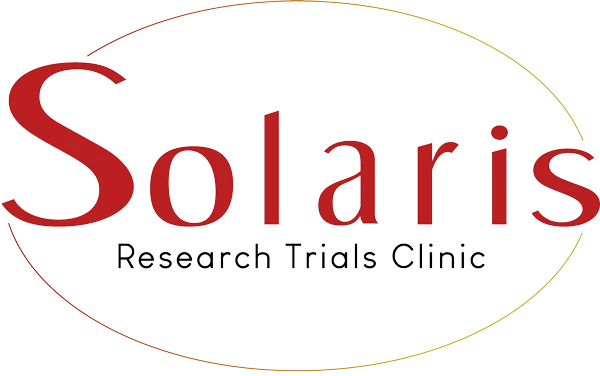
ASCO, what a great conference (https://conferences.asco.org/am/attend). I am grateful to be among so many people working to fight against cancer. Can you imagine, what it would be like, when the collaboration in the pre-competitive space would grow stronger?
I can.
With this blog I want to take the opportunity to share that it’s no longer one size fits all in patient management, but it is one size fits all methodology how to enable precision medicine.
I am convinced that when we identify one size fits all methodology, we accelerate precision medicine.
Let me first tell you about the current landscape, why I am convinced and how we can get there.
Landscape
At ASCO, and not only at ASCO, I noticed that the science is leading us away from one size fits all patient management:
- we identify new targets in the body, that could be attacked to control or cure a disease;
- we identify new biomarkers, that identify subpopulations who benefit from a particular treatment;
- we identify that a subpopulation should not get a certain treatment because of increased chance of toxicity;
- we identify that a subpopulation needs a reflex test, to optimize diagnostic decision making. AND
- we identify patient clinical and reported outcomes, as well as we involve patients to make a well-informed decision about their well-being, about their lives.
Plus, the adoption of digital health is here, and the indications of fast implementation are stronger than ever. Let me share you four observed trends:
- there is an expansion in number of biotechnology companies using Machine Learning (ML);
- pharmaceutical companies are implementing use of data mining in their drug discovery and development pipeline;
- regulatory science is proving the effectiveness of digital tools and
- the use of platforms, which have been used in personal consumption for decades, are seeing an uptake in healthcare.
Currently, our system is not ready to make the shift from one size fits all to personalized approaches or to precision medicine. Its not the question if its possible. The question is WHEN it will be possible.
Why is this the question?
Convinced
Each of us is using data that has been accumulated over the last decades in industry as well as in healthcare. Utilization of data, such as data mining is making personal healthcare possible. We all recognize the opportunities it brings, such as it could be more efficient, more effective, and could bring more value by positively impacting patient lives. But we all use it in our own way, how we think its best utilized and with it, we are also making the same mistakes over and over.
When we collaborate on defining shared data models, sharing data and overcome hurdles such as nomenclature and coding – great examples were exposed during COVID; we didn’t use same terminology, same nomenclature and as a result we confused each other, we diverged our paths and led us to drift away from our goal to prevent, diagnose and cure – then, we don’t have to invent the wheel over and over again, solving the same problems or fixing the same mistakes we created over and over again. Reinventing the wheel and recurrences of problems consume time. Time is precious to all of us, valuable to all of us and we have to respect each other’s time. What are we waiting for?
How
I hear you say, well, developing general principles with my competitor gives away my competitive advantage. Let me challenge you here. This comes down to that you are thinking you are losing. Well, you are not losing, you have to have faith and believe in your own company, that it is strong and will differentiate itself. And also, let me ask you this, what would you like digital pathology to do to ensure you will not lose your competitive advantage?
One proposal I have – and I look forward to learn about yours: when you share, you pave our path to success. Together we will develop and define general principles, using a collective in partnership developed approach. But you will define YOUR success. Your product remains YOUR product. With general principles, the way to bring innovation to patients is optimized. You reduce waste, you will become more efficient and time to market reduces.
In conclusion, you are spending less efforts and resources, AND you will get to the market faster. Do remember, that there is another benefit. Also, authorities and government will more easily adopt a harmonized and standardized approach, rather than have to assess each individual method for each single product and whether it could benefit patients. There are many associations driving this way of collaboration, see https://digitalpathologyassociation.org and https://pathologyinnovationcc.org .
Let’s not wait. Let’s take action, sign up at those associations for your respective industry, embrace it, and move forward.
We all care, so let’s share.
What are you waiting?
